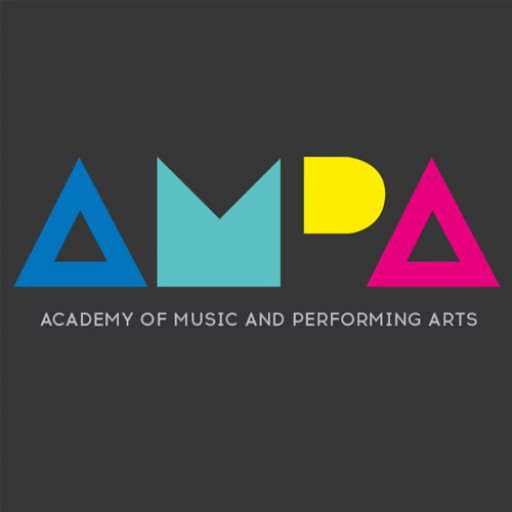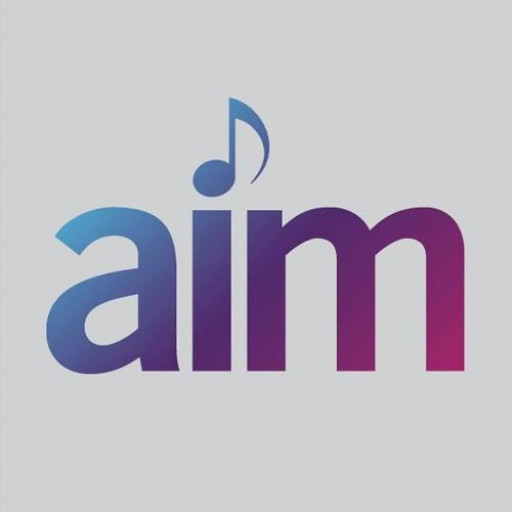Photos of university / #rmituniversity
The Bachelor of Arts Music Industry program provides an innovative approach to the study of music in local and global contexts.
Studying in the centre of Melbourne exposes you to thriving local scenes, buskers, bars, clubs, theatres and festivals, in the exciting music capital of Australia.
Through your studies you will explore contemporary trends and issues through a combination of practical, project-based work and academic, theoretical study. You will also learn about key music technologies, global music cultures, popular music scenes, music business practice and live music performance.
Beyond the specifics of the music industries, you will also investigate broader cultural, social and historical perspectives by undertaking a sequence of contextual courses.
Students are prepared for a variety of careers within the music industries and the broader creative industries.
Graduates in this program can expect to work in a diverse range of roles, including artist management, live sound engineering, journalism and teaching.
The Bachelor of Arts Music Industry program provides an innovative approach to the study of music in local and global contexts.
Studying in the centre of Melbourne exposes you to thriving local scenes, buskers, bars, clubs, theatres and festivals, in the exciting music capital of Australia.
Through your studies you will explore contemporary trends and issues through a combination of practical, project-based work and academic, theoretical study. You will also learn about key music technologies, global music cultures, popular music scenes, music business practice and live music performance.
Beyond the specifics of the music industries, you will also investigate broader cultural, social and historical perspectives by undertaking a sequence of contextual courses.
Students are prepared for a variety of careers within the music industries and the broader creative industries.
Graduates in this program can expect to work in a diverse range of roles, including artist management, live sound engineering, journalism and teaching.
You must have successfully completed an Australian Year 12 (or equivalent senior secondary school qualification).
Midyear entry is available to RMIT internal applicants (current RMIT local students and recent graduates) only.
You must have successfully completed:
- the Advanced Diploma of Music Industry (Sound Production)
OR - at least one year of a degree in a related discipline.
Prerequisites
Victorian Certificate of Education (VCE) Units 3 and 4: a study score of at least 30 in English (EAL) or at least 25 in English other than EAL.
Selection tasks
You must include with your application:
- a personal statement outlining:
- your reasons for wanting to study this program
- your awareness of current music industry issues
- your career aspirations.
A CV that shows evidence of any music performance, production or other industry experience. Evidence may include YouTube, SoundCloud or other website links. Please ensure that all links are correct. For collaborative work, applicants must detail their role and the role of the collaborator(s).
The Bachelor of Music Industry at the Royal Melbourne Institute of Technology (RMIT) offers comprehensive financing options to support students throughout their studies. TUITION FEES the program's tuition fees vary depending on the student's residency status and specific arrangements. For domestic students, the annual tuition fee is approximately AUD 9,000 to AUD 11,000. International students can expect to pay between AUD 30,000 and AUD 36,000 per year. It is important to note that fees are subject to annual adjustments and should be confirmed with the university’s official fee schedule.
In addition to tuition fees, students need to consider also incidental costs such as textbooks, software licenses, musical instruments, and equipment, which can amount to approximately AUD 1,000 to AUD 2,000 annually. RMIT provides a range of financial assistance programs, including scholarships, grants, and bursaries designed to help reduce the financial burden for eligible students. Scholarships may be awarded based on academic merit, financial need, or specific criteria related to the music industry and artistic achievement.
Students can also explore government loans and funding options, such as the Commonwealth Higher Education Loan Program (HELP) in Australia, which allows eligible students to defer tuition payments until they are earning above a certain income threshold. Part-time work opportunities are available on campus and in the surrounding Melbourne area, enabling students to gain practical experience and supplement their income during their studies.
RMIT's financial support services provide guidance on managing study costs and applying for financial aid programs. Furthermore, students are encouraged to budget carefully considering living expenses in Melbourne, which include accommodation, transportation, food, and personal expenses. On-campus accommodation options are available, and some students may qualify for housing grants or subsidies.
Overall, RMIT’s financing options aim to make education accessible for a diverse student body, with a range of aid programs and flexible payment options. Prospective students should consult the university’s official website or contact the admissions office for the most current and detailed information about tuition fees and financial assistance opportunities specific to the Music Industry program.
The Bachelor of Music Industry at RMIT University offers students a comprehensive understanding of the dynamic and multifaceted world of music production, management, and marketing. Designed to equip students with practical skills and industry knowledge, the program covers a wide range of topics including music business management, digital marketing strategies, recording and production techniques, live sound, and artist management. The curriculum integrates theoretical foundations with hands-on experience, enabling students to develop proficiency in music technology, studio recording, and music entrepreneurship. Students have access to state-of-the-art facilities such as recording studios, multimedia labs, and industry-standard software, which provide valuable experiential learning opportunities. The program also emphasizes industry engagement through internships, industry projects, and networking events, facilitating connections with music professionals worldwide. Graduates are prepared for careers in various sectors of the music industry, including record labels, concert promotion, artist management, music publishing, and digital content creation. The program fosters creativity, innovation, and strategic thinking, enabling students to adapt to the rapidly evolving music landscape. RMIT’s strong industry links and collaborative projects ensure students gain relevant insights and practical experience, which significantly enhances employability. The flexible delivery options and elective choices allow students to tailor their education according to their specific interests and career goals in the music industry. Overall, this program provides a well-rounded education for aspiring music industry professionals, blending academic rigor with real-world application, and positioning students for success in a competitive environment.









